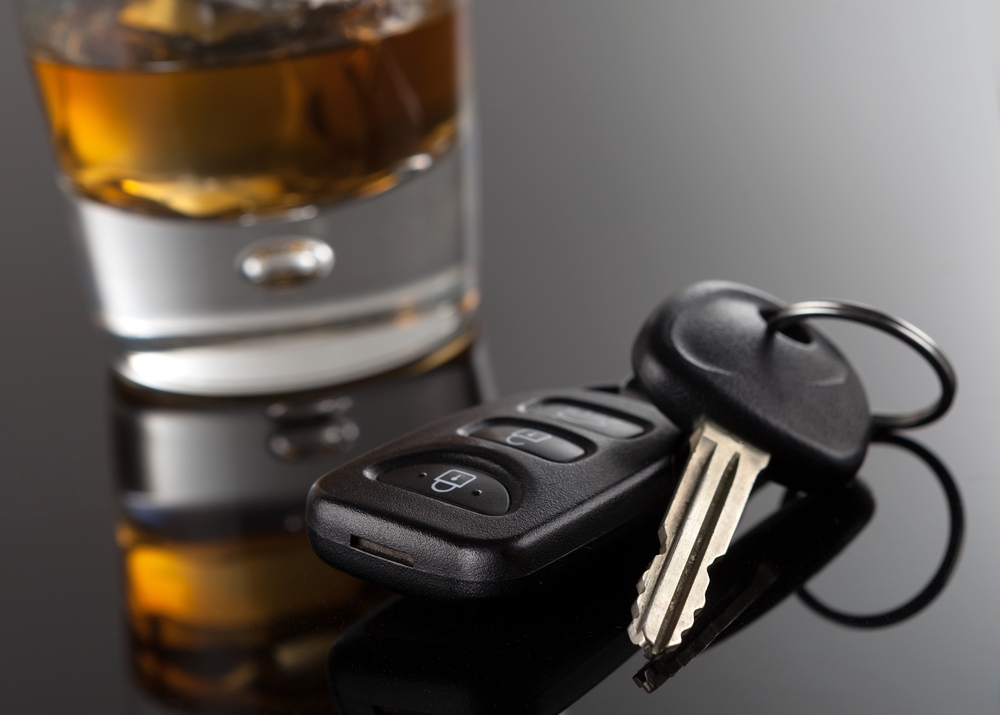North Easterners back calls for lower drink drive limit
An overwhelming majority of people in the North East have backed calls to lower the legal drink drive limit, which would bring England and Wales in line with Scotland and the rest of the EU.
Recent survey results published by Balance, the North East Alcohol Office, found that more than eight in 10 North Easterners (84%) back the measure. The findings are released as the House of Lords tomorrow debate a Private Members Bill on lowering the legal limit.
The drink drive limit is expressed as the number of milligrams (mg) of alcohol in 100ml of blood. In England and Wales, the current limit stands at 80mg of alcohol/100ml of blood, which is the highest legal limit in Europe, with the exception of Malta.
Scotland lowered its drink drive limit to 50mg of alcohol/100ml of blood in 2014 and after just three months, alcohol-related road traffic offences went down 17%. The House of Lords will tomorrow debate lowering the limit in England and Wales from 80mg of alcohol/100ml of blood to 50mg of alcohol/100ml of blood, as a bill sponsored by Lord Brooke of Alverthorpe receives its second reading.
It is predicted that lowering the limit could save more than 100 lives across the UK every year, as well as preventing many more serious accidents. The Local Government Association estimates that reducing the limit could also save around £300 million annually in public sector costs relating to the police, ambulance service and hospital admissions.
Drink driving is a major issue on the North East’s roads, with 50 people killed or seriously injured as a direct result of alcohol in 2013 alone. A further 270 suffered minor injuries on the region’s roads due to drink driving. The latest Balance survey shows people in the North East widely support calls for change to bring the drink drive limit in England and Wales in line with Scotland and the rest of the EU.
Colin Shevills, Director of Balance, the North East Alcohol Office, said: “Alcohol causes real devastation on our roads and accounts for far too many deaths and serious injuries. The risk of road traffic injuries and collisions increases rapidly with alcohol consumption and much more needs to be done to deter people from drinking and driving.
“This is a measure which not only saves lives and saves money, it will save a lot of heartache for families across our region. That’s why it is popular with people across the North East. It’s time action was taken, for all of our sakes.”
